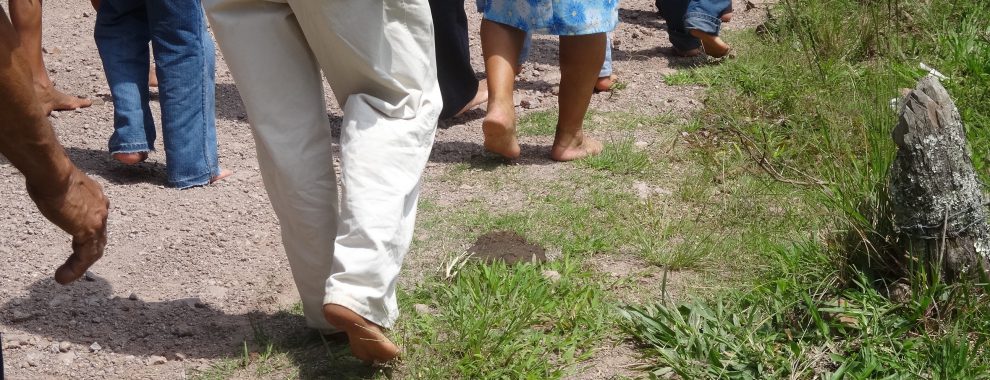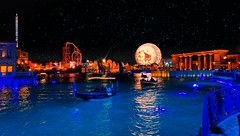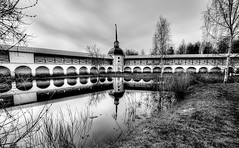Today the church celebrates St. Irenaeus of Lyons, bishop and martyr, who died about 202 AD. He wrote a famous treatise, Against Heresies, refuting the Gnostic sects which proposed a dualism which despised the material world. A famous quote from Book 4, chapter 20, 7 of the treatise reads.
For the glory of God is a living human being; and the life of a human consists in beholding God. For if the manifestation of God which is made by means of the creation, affords life to all living in the earth, much more does that revelation of the Father which comes through the Word, give life to those who see God.
In a speech at Louvain in Belgium on February 2, 1980, less than two months before he was martyred, Salvadoran Archbishop Oscar Romero ended his acceptance speech of an honorary degree with these words, reinterpreting Irenaeus:
The ancient Christians used to say, “Gloria Dei, vivens homo” – “The glory of God is the person who is alive.” We could concretize this saying, “Gloria Dei, vivens pauper” – “The glory of God is the poor person who is alive.” We believe that from the transcendence of the Gospel we can judge in what consists truly the live of the poor; and we also believe that putting oneself at the side of the poor and trying to give them life we will know in what consists the eternal truth of the Gospel.




